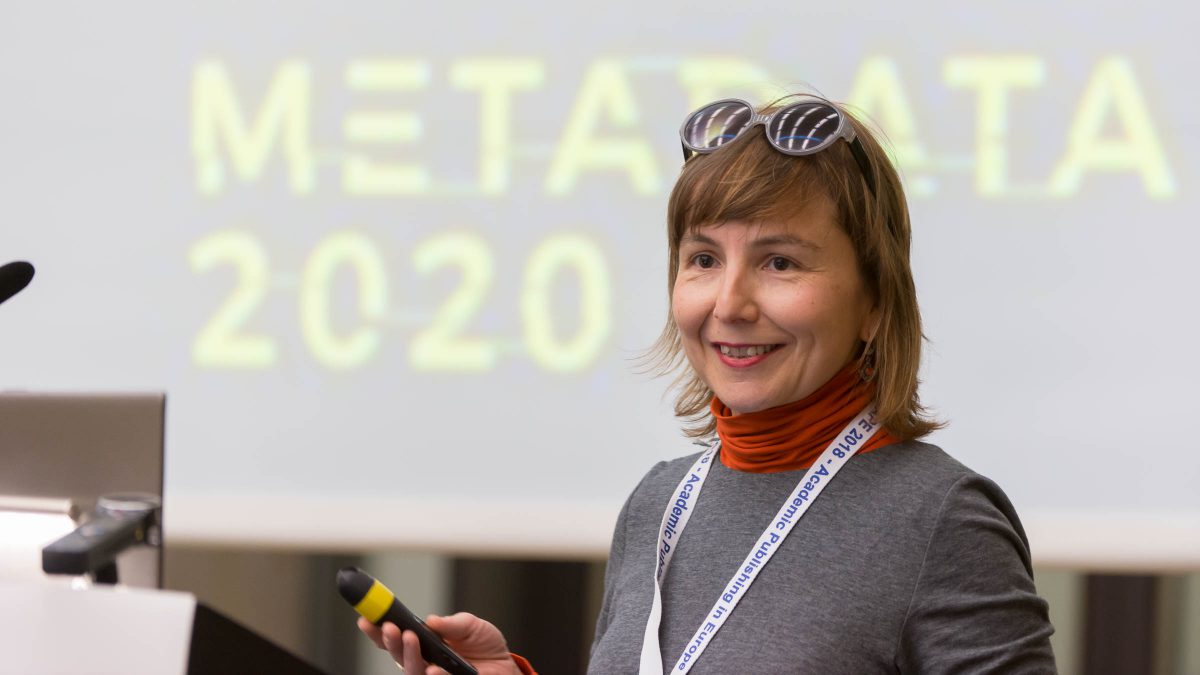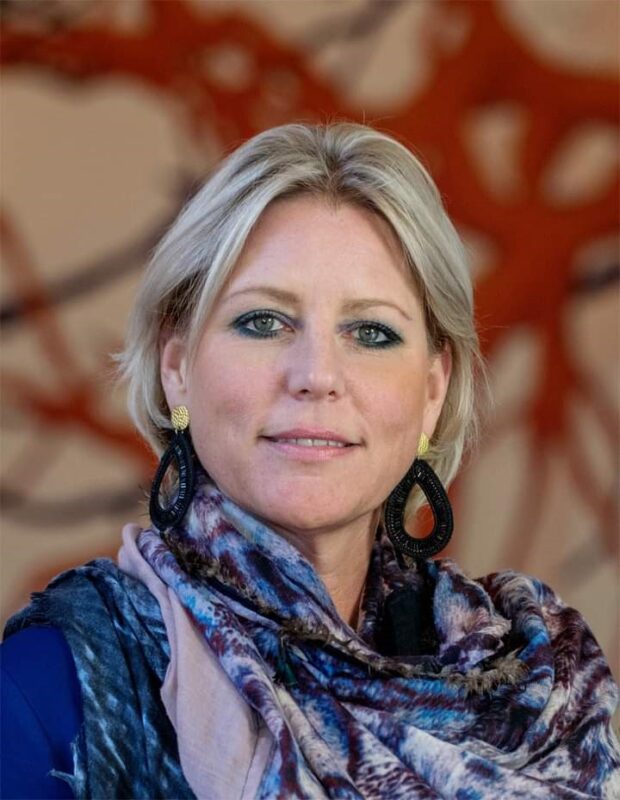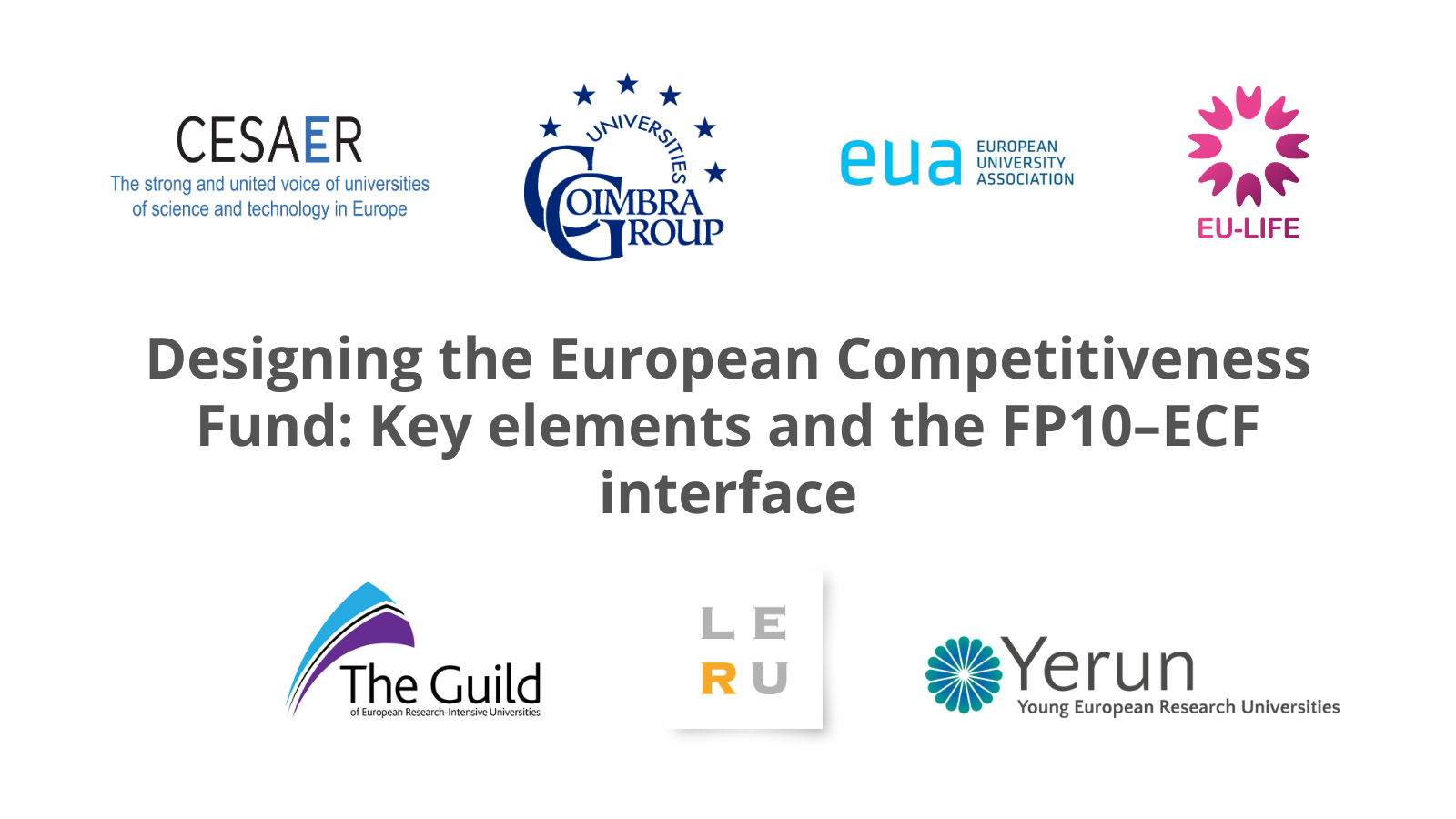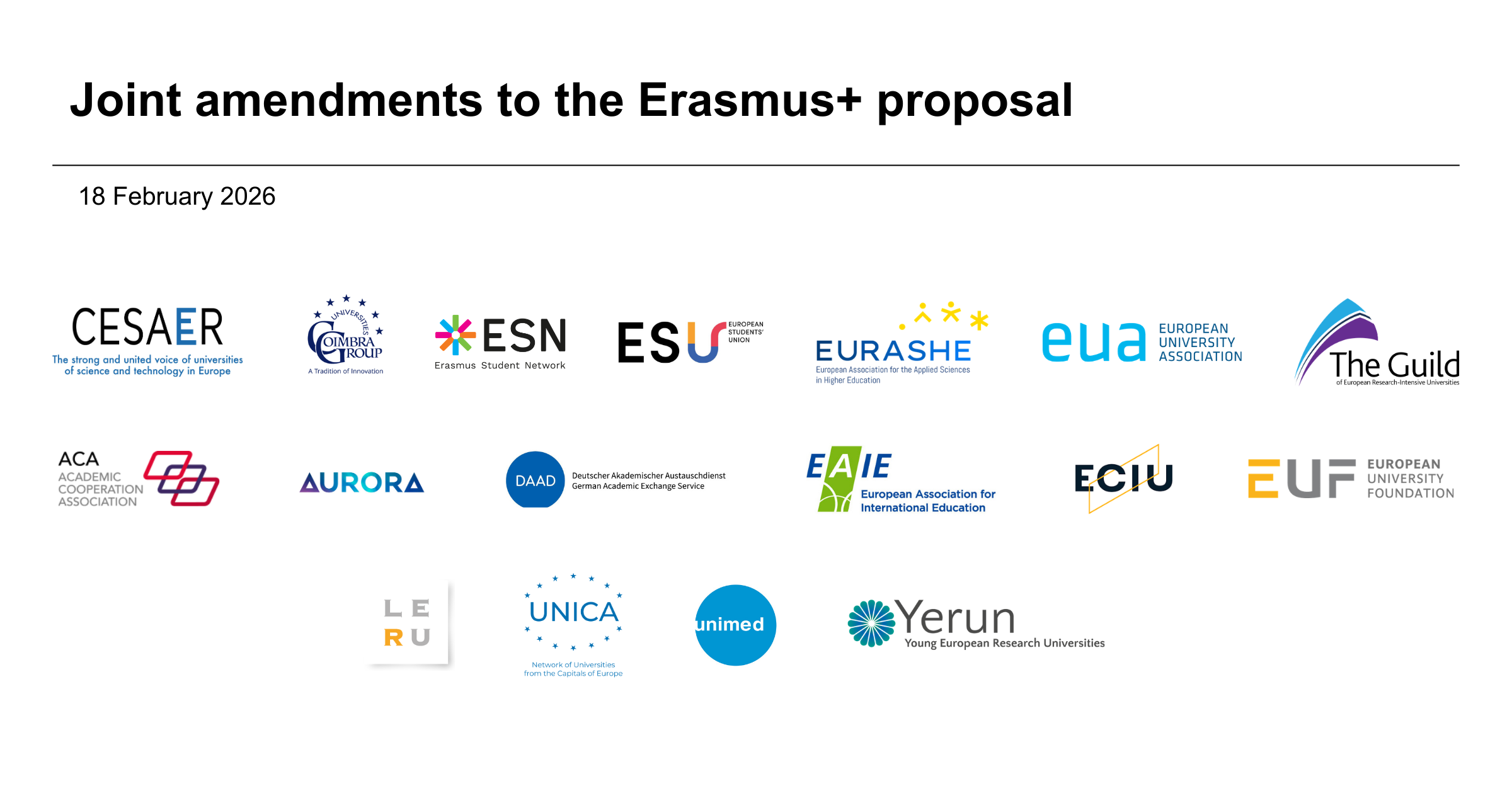The way we assess research and academic contributions is undergoing a fundamental transformation. With increasing calls for a fairer, more transparent, and more responsible evaluation system, initiatives like CoARA – the Coalition for Advancing Research Assessment have been at the forefront of driving meaningful change.
As part of our “Sparks of YERUN” series, we speak with Professor Eva Méndez, Director of the Open Science Lab at Universidad Carlos III de Madrid, former Vice-Rector, and former member of CoARA’s Steering Board. With extensive experience in Open Science and research assessment reform, Eva shares her insights on CoARA’s achievements, the ongoing challenges in shifting evaluation frameworks, and the critical role of young research universities in pioneering new, impact-driven models.
In this interview, she highlights how outdated research assessment practices hinder innovation, why young universities must embrace reform, and what the future holds for CoARA’s mission to create a fairer and more inclusive research culture.
The interview is enriched by insights from Professor Rianne Letschert, President of Maastricht University and the former and first Chair of CoARA. She reflects on CoARA’s key achievements over the past two years, the challenges that lie ahead in the coalition’s next phase, and the growing importance of research assessment, particularly for young universities. For further insights and reflections from Professor Rianne Letschert, you can watch her in this recently published CoARA video.

From your point of view, what are CoARA’s key achievements so far?
CoARA has made significant progress since its formal establishment in December 2022, fostering a global community committed to more responsible research assessment (RRA). During the two years I have served on the Steering Board, we have worked to build an active and engaged community dedicated to research assessment reform, refining governance structures, defining working groups and national nodes, and expanding and strengthening the coalition’s legitimacy beyond Europe. The main achievements so far, IMO are:
- The coalition has grown rapidly, demonstrating a widespread recognition of the need for change. We have now more than 700 member institutions and more than 800 signatories… including universities, funding agencies, and research evaluation bodies from different countries, even outside Europe.
- Beyond policy discussions, CoARA has established 13 working groups and 18 national chapters, with 169 members already having published their Action Plans to guide signatory institutions toward more flexible and equitable evaluation models
- CoARA has also fostered a global dialogue on research assessment reform, ensuring alignment with other initiatives like DORA, and policymakers like the European Commission, while amplifying the voices of institutions committed to change.
Why does the reform of research and academic assessment remain crucial today?
Despite the progress made by CoARA, much needs to be done, as any change (even for the better) requires an effort. Reforming research assessment is more crucial than ever, yet persistent challenges remain, including the reluctance of several senior researchers to embrace change.
Reforming the research assessment system, and moving from a paper-centric and quantitative evaluation is the key to implement Open Science, foster innovation, collaboration and real interdisciplinary research. Another scientific system is needed to address societal challenges, and the collective effort on reforming the incentives will make it possible. The assessment frameworks must evolve accordingly to recognise a broader range of contributions, not only papers, including Open Science practices and societal engagement
The traditional/current rigid and outdated evaluation systems have resulted in two major issues: an unsustainable publication model and the proliferation of detrimental research practices. These flawed assessment frameworks incentivize harmful behaviors, including predatory publishing and research misconduct, often driven by hyper-competition. A more responsible and transparent approach to research assessment is needed to cultivate a healthier and sustainable research culture.
Why is this even more critical for young research universities, particularly in the current climate of competitiveness and increasing demands for innovation?
Unlike older and well-established universities, young institutions often struggle to gain recognition in global rankings and evaluation systems that remain heavily reliant on outdated, quantitative bibliometric indicators. University rankings pose a significant threat —not only to young universities but to academia as a whole— by reinforcing distorted incentives and prioritizing prestige over meaningful scholarly contributions. This is why CoARA’s commitments explicitly reject the use of such arbitrary rankings.
A new research assessment system that genuinely values collaboration, applied research, and impact-driven work will empower young universities to contribute more effectively to economic and societal advancements, particularly by fostering regional innovation.
Moreover, youth is characterised by having more dreams than memories. Young universities, with our inherent adaptability, should seize this opportunity to pioneer innovative and responsible assessment models. I firmly believe that reforming research assessment provides a unique opportunity to position YERUN universities at the forefront of responsible and forward-thinking evaluation practices.
What are your hopes for CoARA’s future?
Looking ahead, I hope CoARA continues to build momentum and strengthens its role as a catalyst for global and international research assessment reform. It is crucial to expand the engagement beyond Europe to ensure a truly international approach. The research evaluation standards and approaches should be global and we need to pass from coara.eu to coara.org, more than the top-level domain in its URL.
As Emanuel Kulczycki said in his book The Evaluation Game (2023) “The use of metrics and the focus on increasing productivity impacts the weakest persons in academia most severely, notably young researchers and researchers from peripheral countries”. I also hope that CoARA’s future will strongly support Early Career Researchers (ECRs) and scholars from developing countries by fostering deeper cooperation among institutions and ensuring a prominent role for ECRs—who are the primary victims of the current research assessment system, but they have Open Science, interdisciplinarity and cooperation as an inner component of their research approaches.
CoARA has already achieved remarkable progress, but its true impact will be measured by its ability to drive a brave systemic change at all levels of the research ecosystem. With sustained commitment and collaboration, it has the potential to shape a fairer, more inclusive, and more forward-thinking research culture. But we do not have to be naïve, we need a real improvement in evaluation mechanisms, new indicators and metrics far beyond the Journal-based metrics. It will not be easy, but it is absolutely possible. A fair, transparent and comprehensive research assessment system, if good enough, it will be implemented “by seduction”.

The reform of research assessment remains crucial because we still rely on a one-dimensional way of evaluating performance, which fails to reflect the diversity of research practices and outputs needed to maximise both academic and societal impact. As a result, talented researchers leave academia for the wrong reasons. At CoARA, we have made significant progress in building a strong and committed community dedicated to change, but our work is far from over. Young universities, in particular, have a unique opportunity—and responsibility—to lead this transformation. We are pioneers, building our universities, in all the domains of research, education and impact, and if anyone can set the tone for transformation in culture and systems, it is us. My hope for CoARA is to grow into an even larger, global movement where the changes we advocate for become visible and tangible, ensuring that our researchers trust in the system we are working to improve. Professor Rianne Letschert, President of Maastricht University and the former and first Chair of CoARA.
CoARA’s journey so far has demonstrated that systemic change in research assessment is both necessary and possible. With over 700 member institutions and a growing number of action plans, the coalition is proving that universities, funders, and research institutions are ready to embrace more responsible evaluation models. However, as Eva Méndez and Rianne Letschert point out, the road ahead remains challenging, true reform requires deep cultural shifts, strong leadership, and the courage to move beyond outdated bibliometric indicators.
For young research universities, this transformation presents a unique opportunity. Unburdened by rigid traditions, we can take the lead in shaping innovative and responsible assessment models that prioritise collaboration, Open Science, and real-world impact.
While the transition to a more inclusive and transparent research assessment system will not be easy, it is entirely achievable. As Eva Méndez puts it, the goal is to create a system so well-designed and compelling that institutions adopt it “by seduction.” With continued commitment from CoARA, YERUN, and the global research community, the future of research assessment can be one that truly values excellence, diversity, and integrity.










